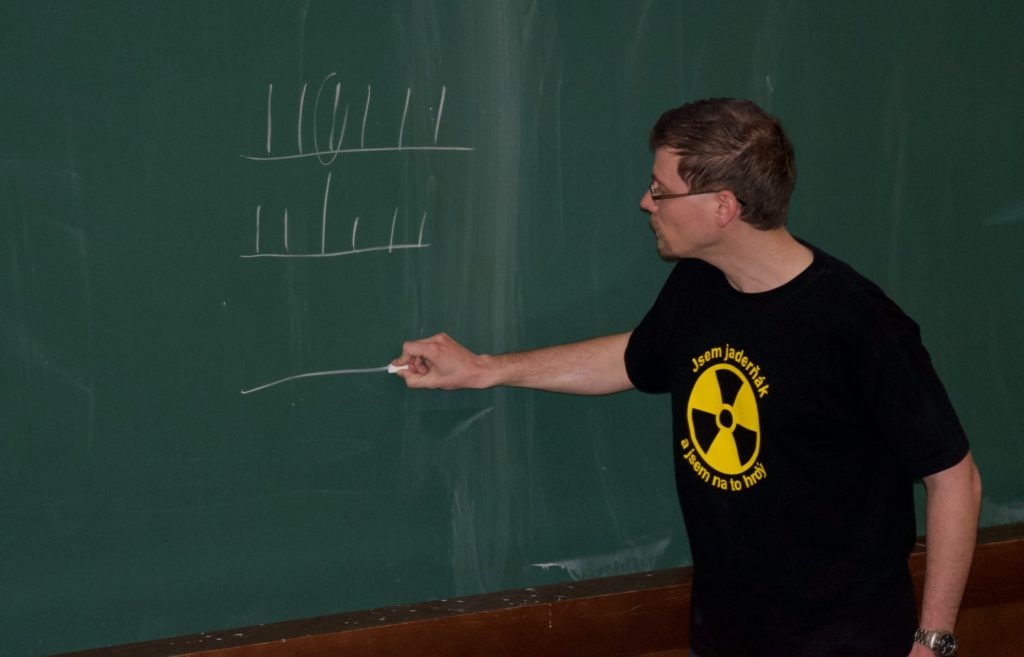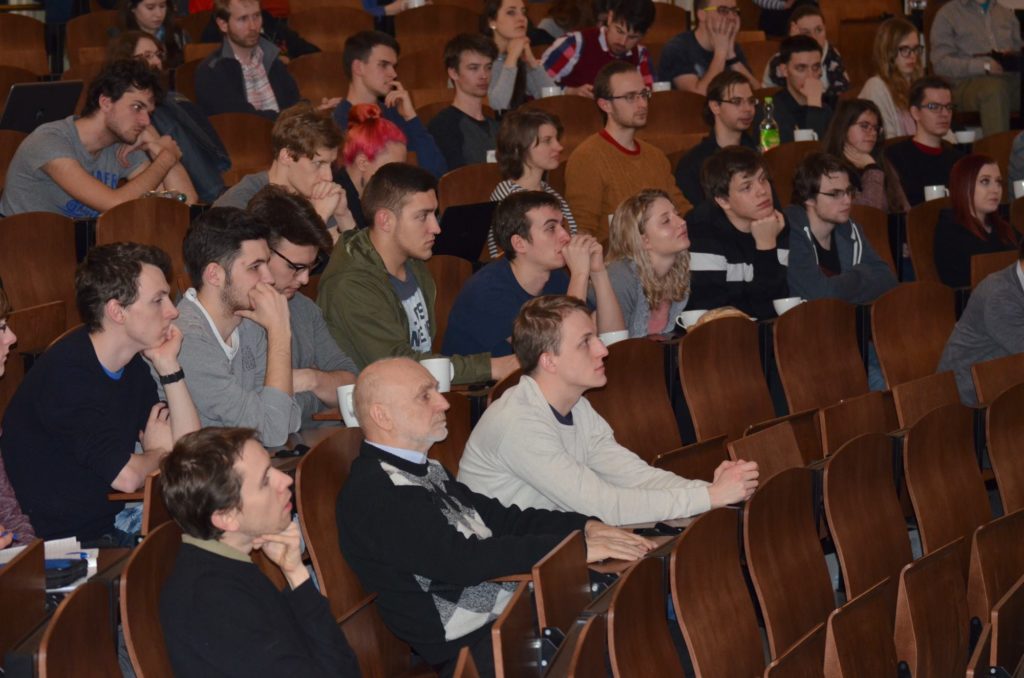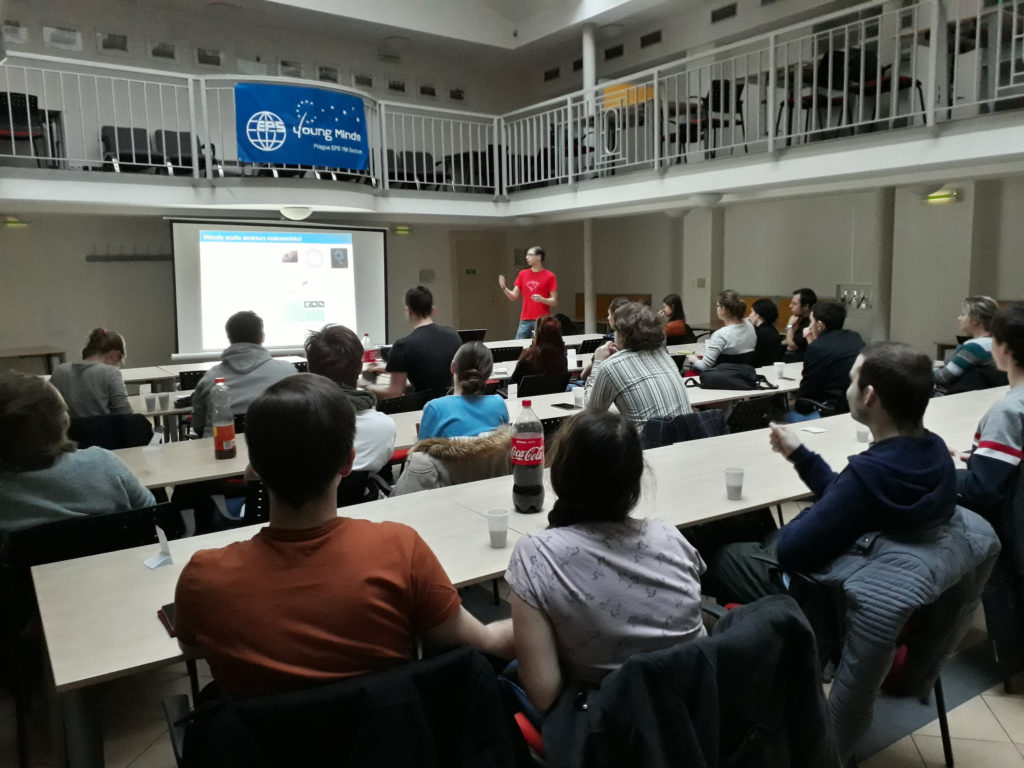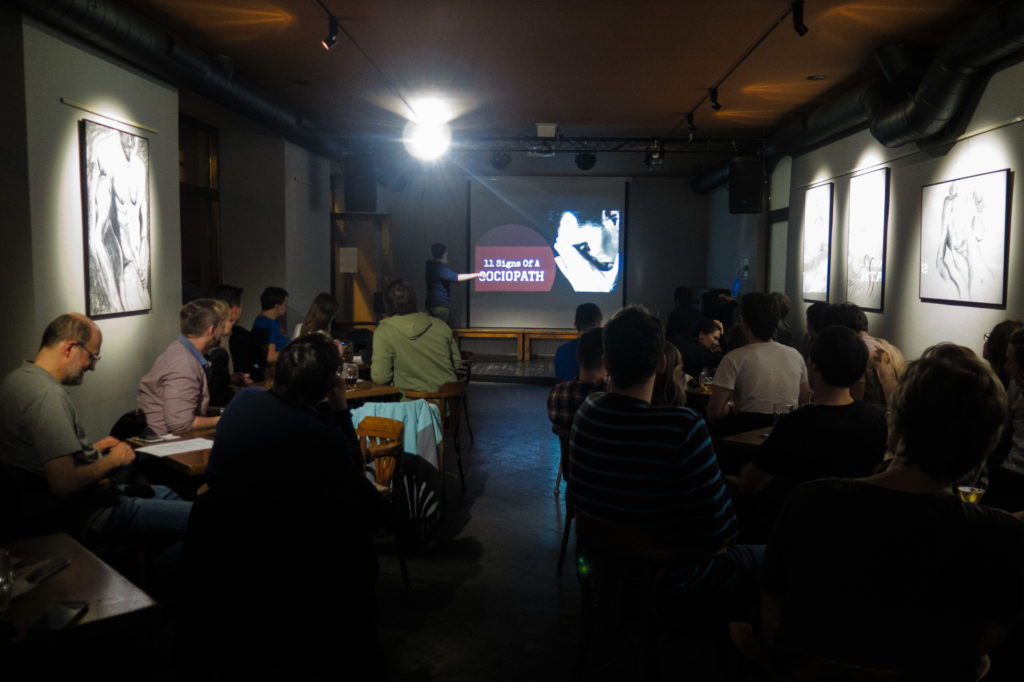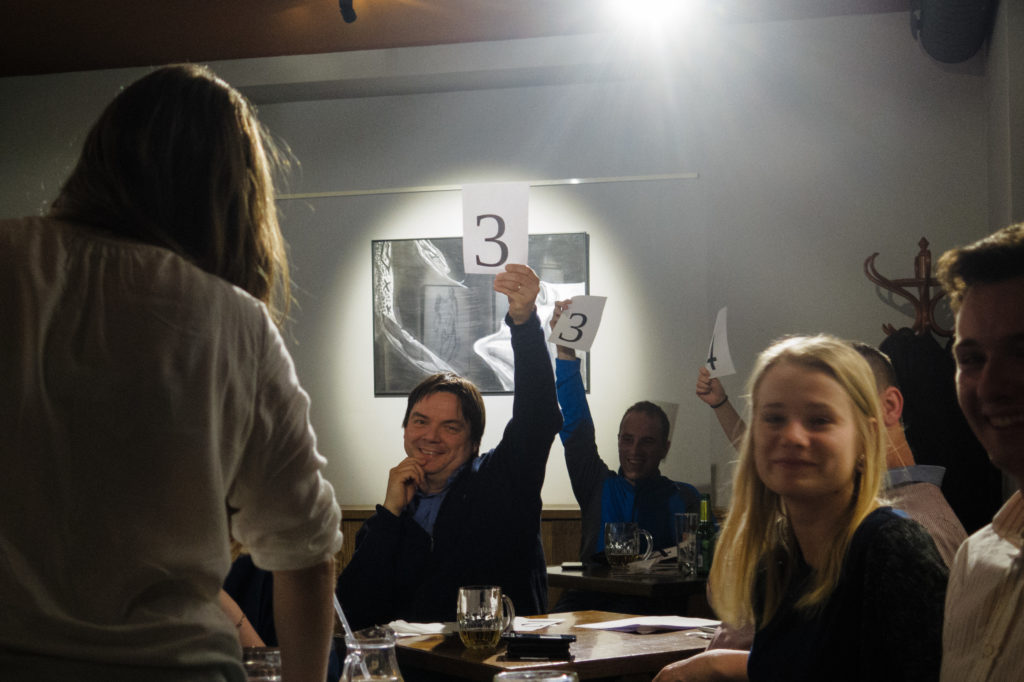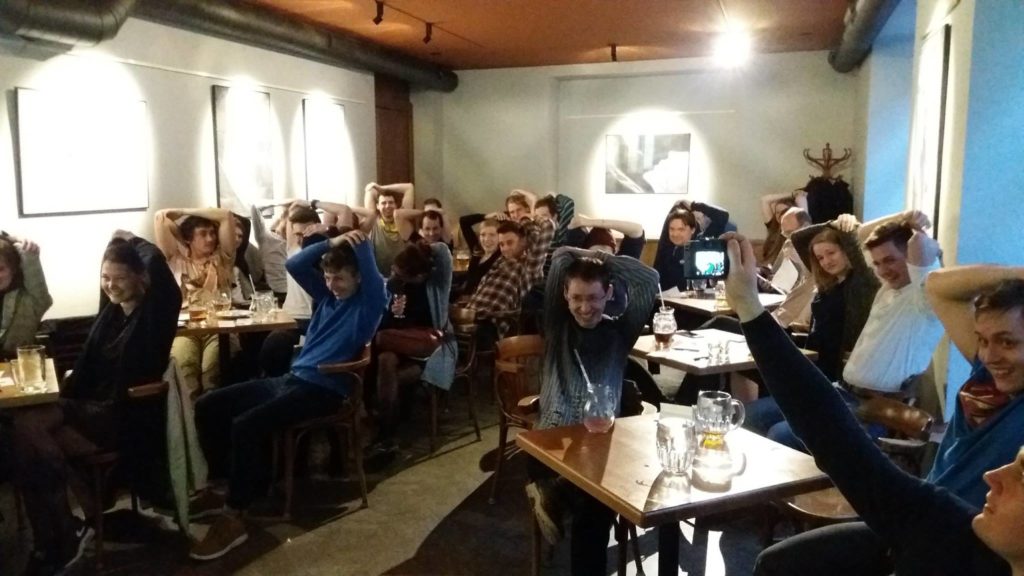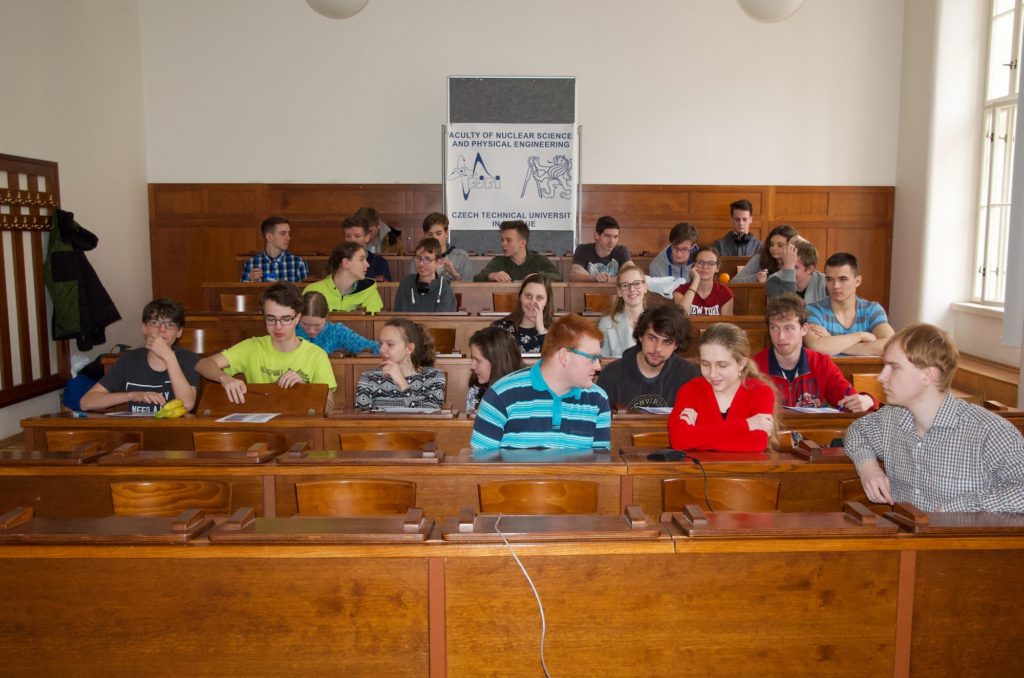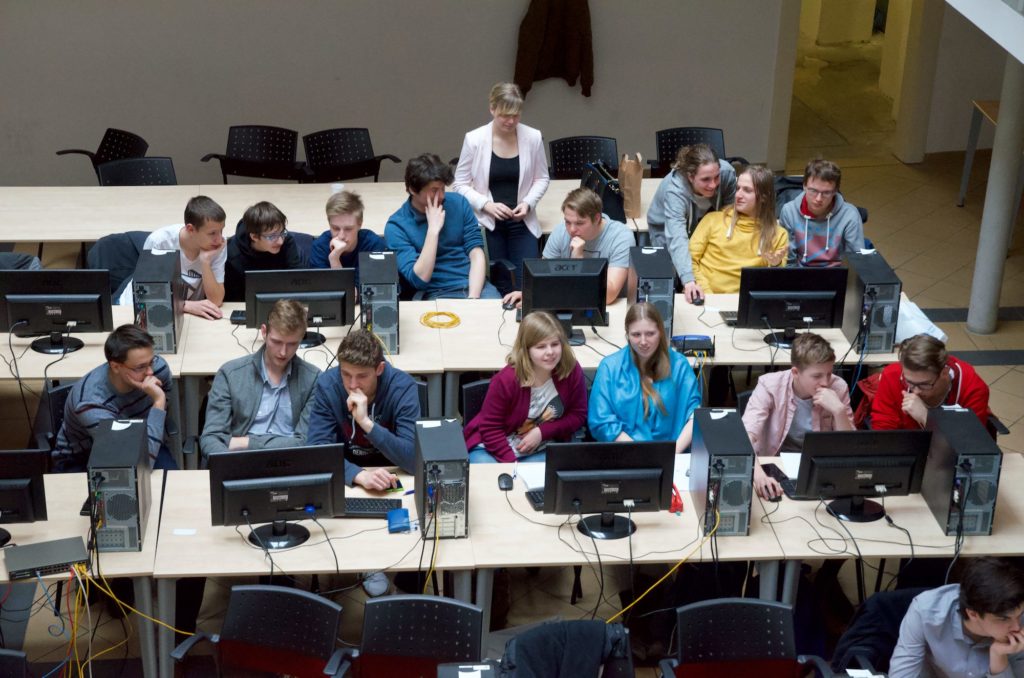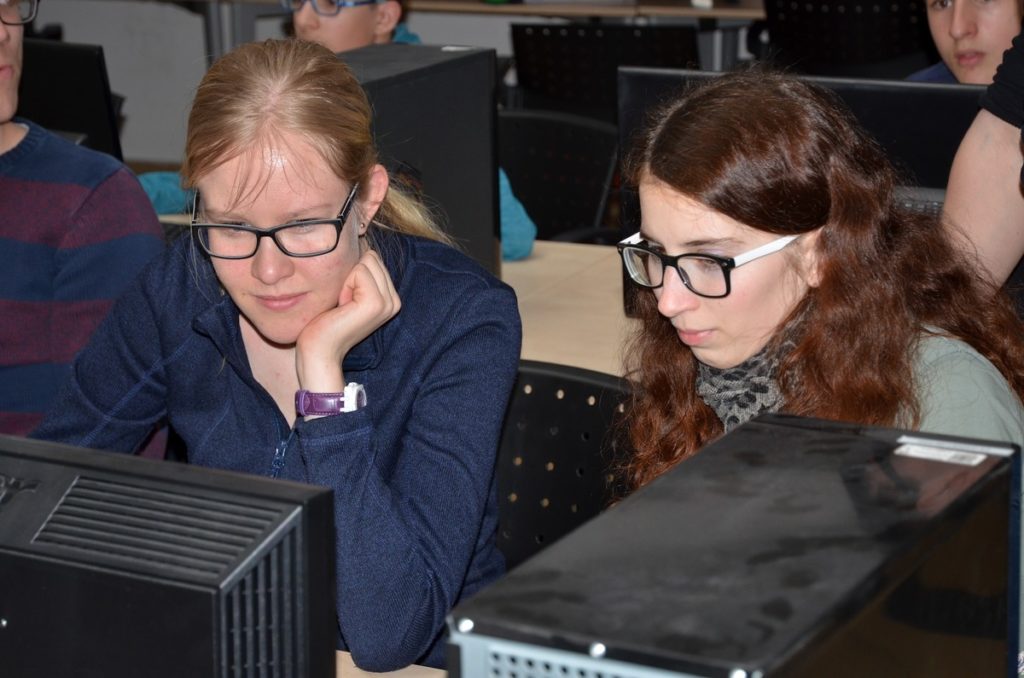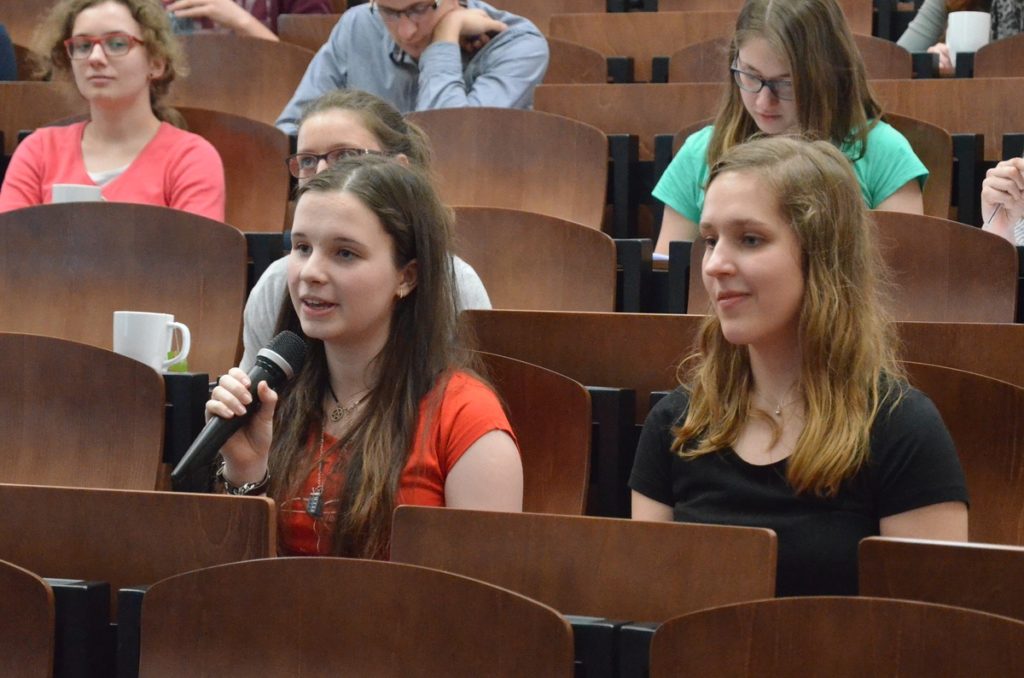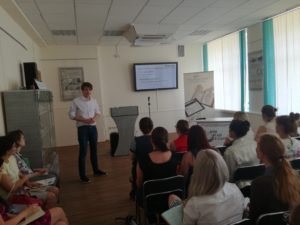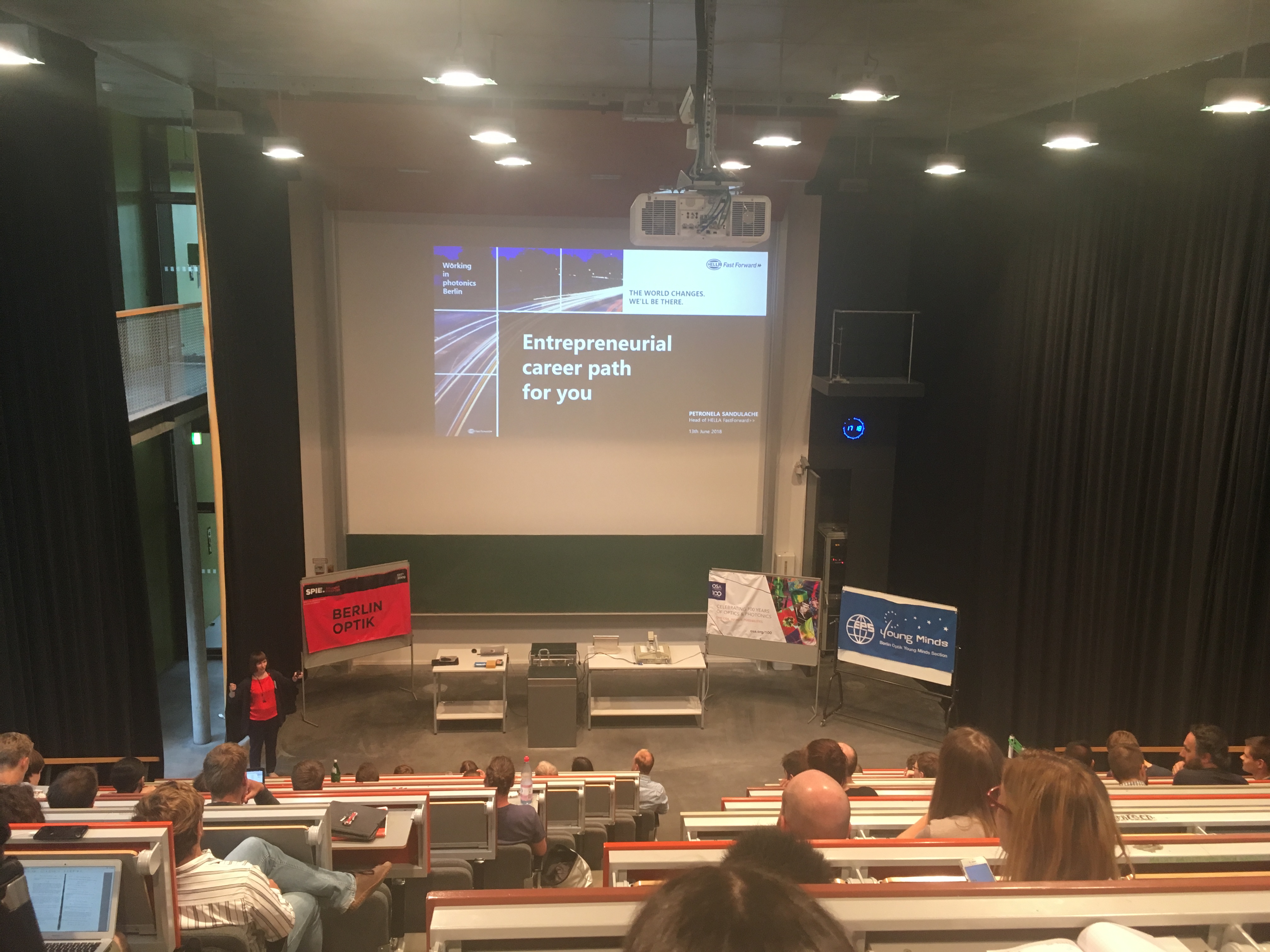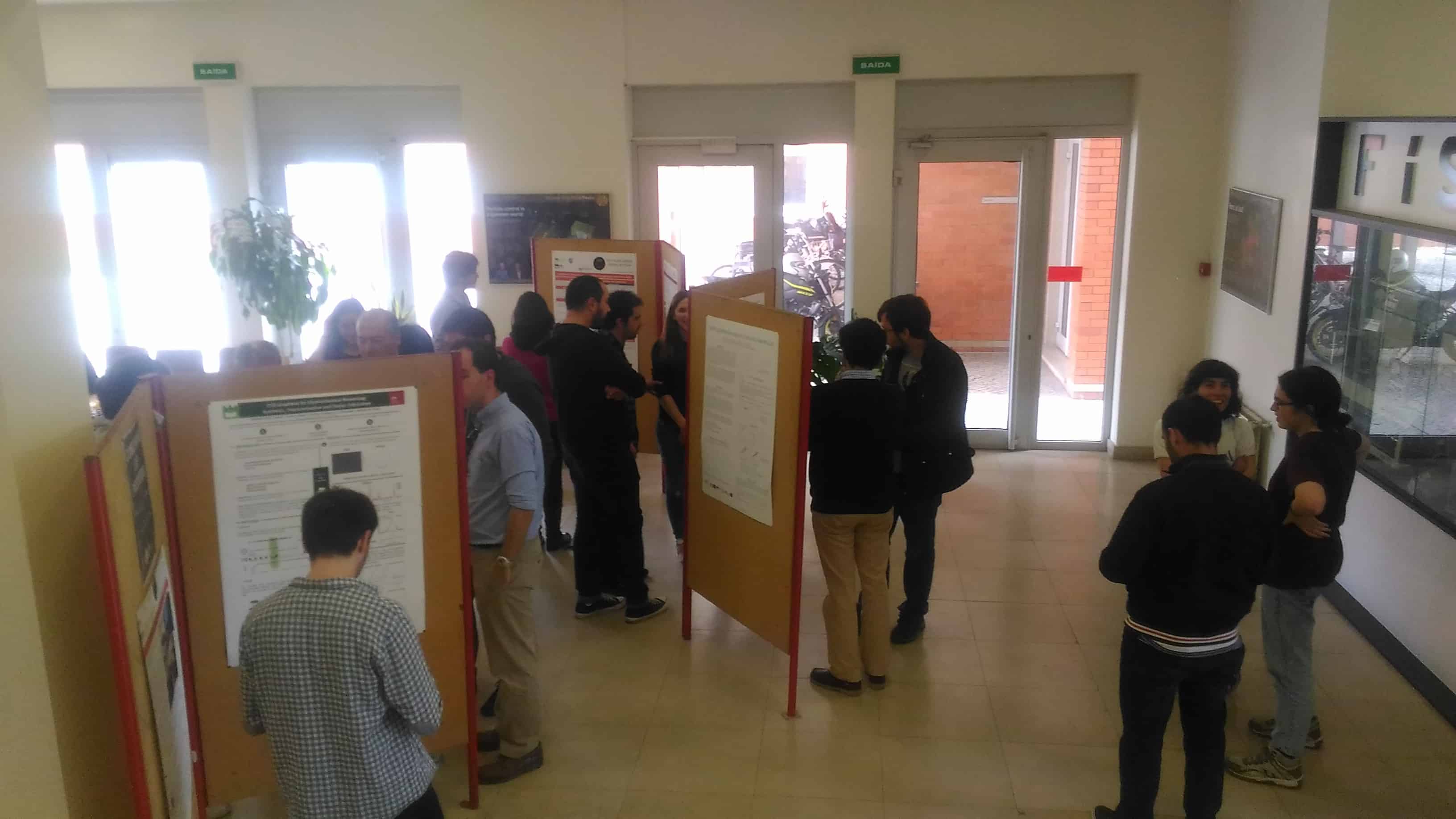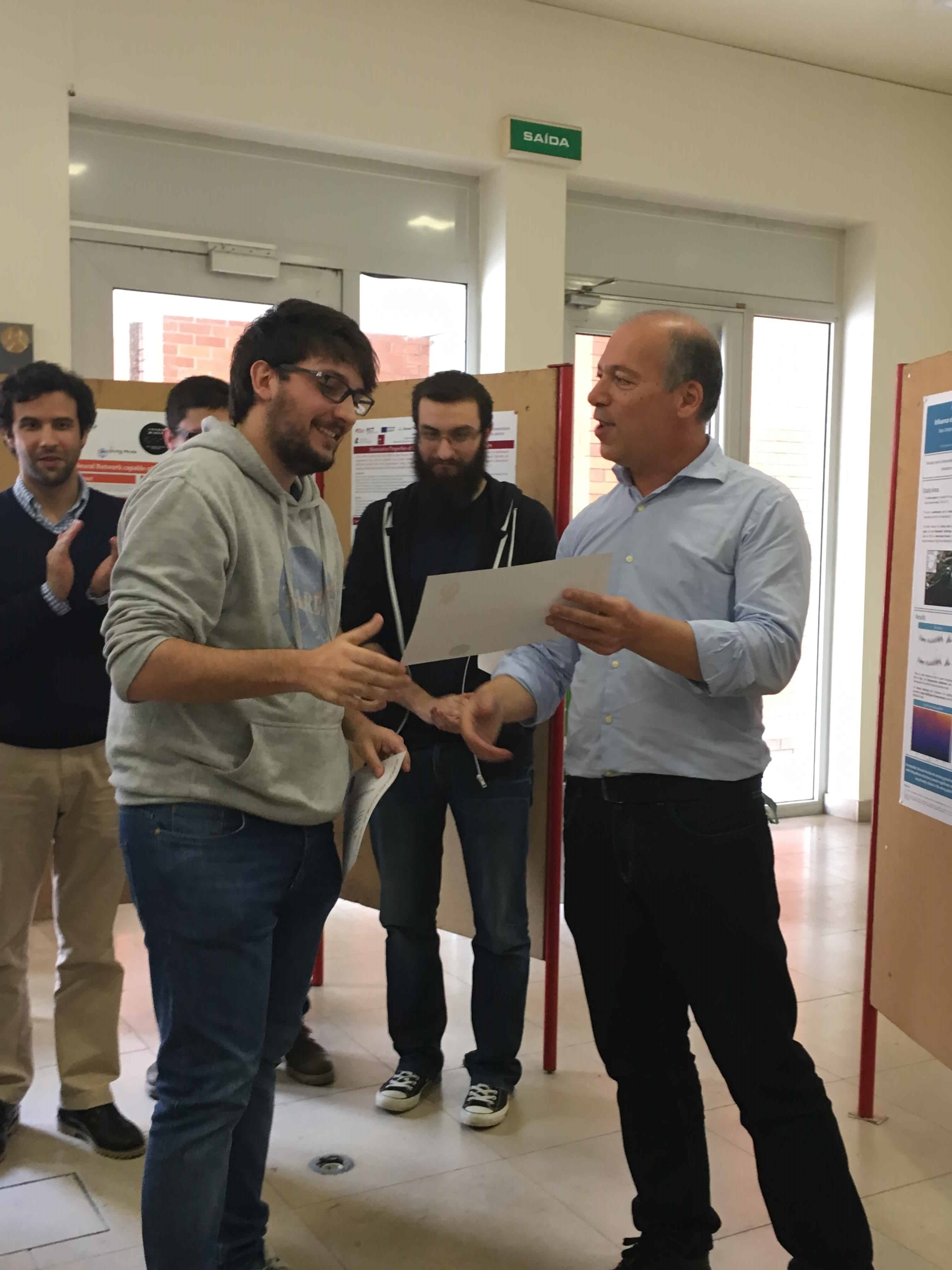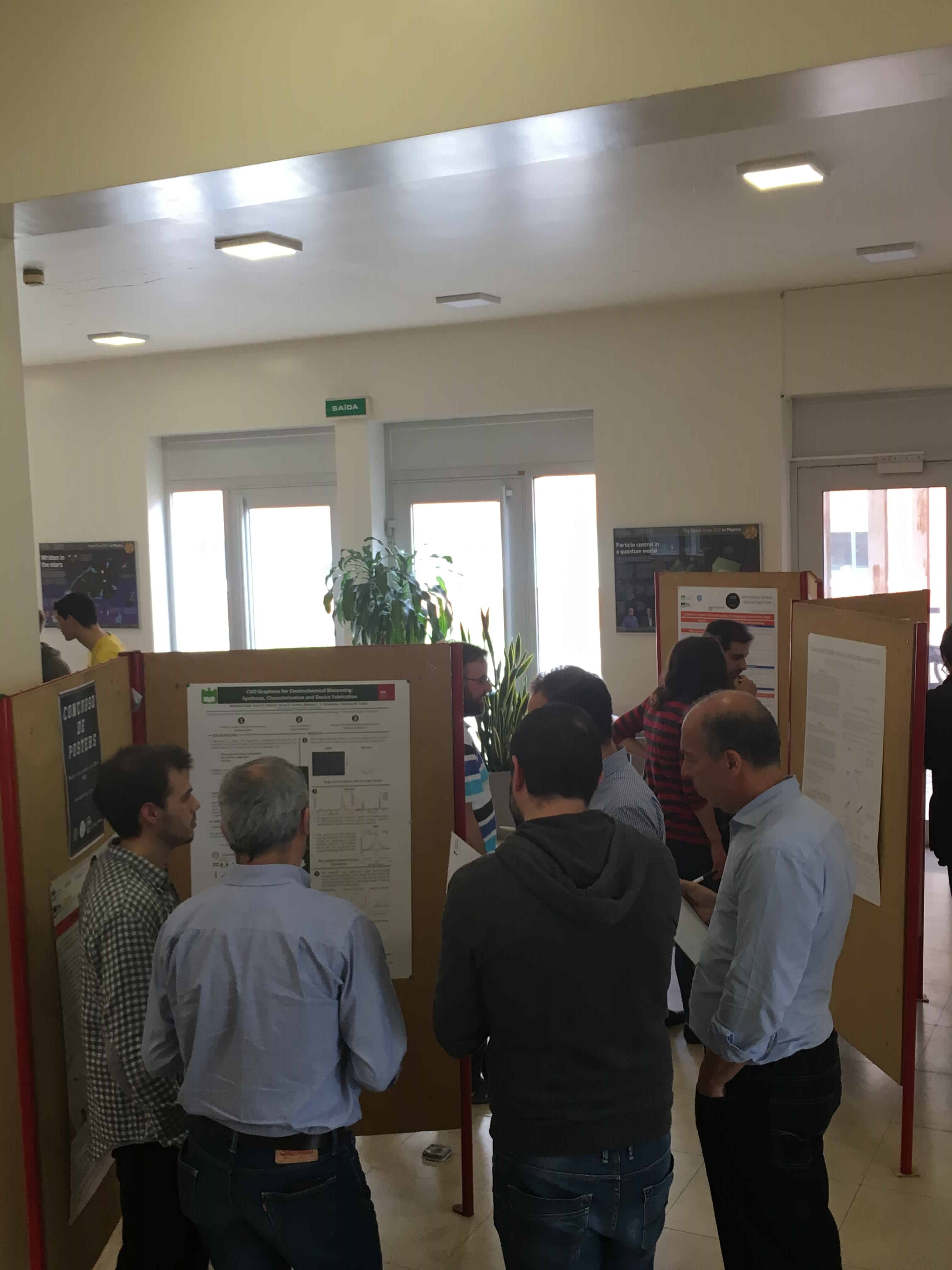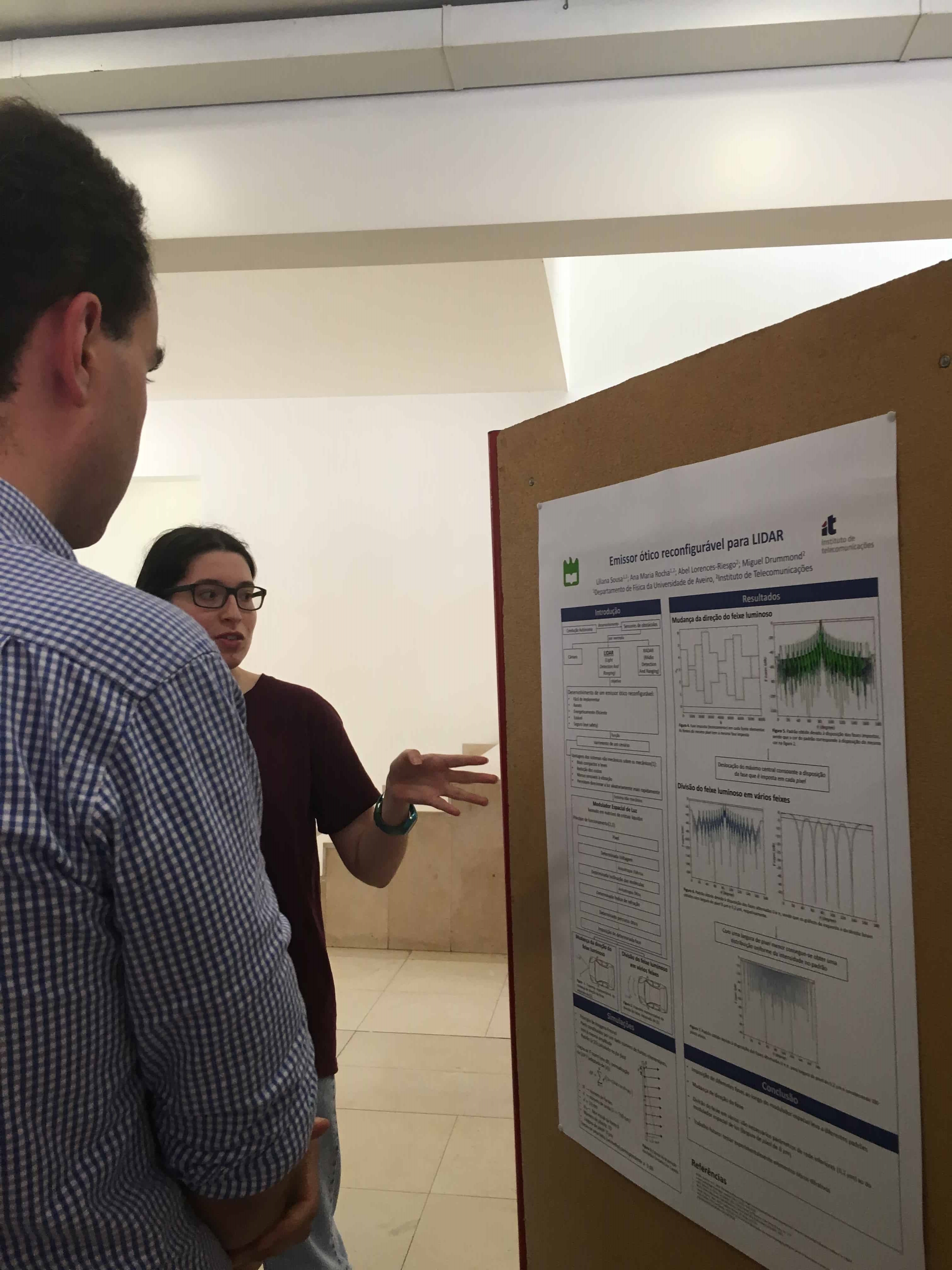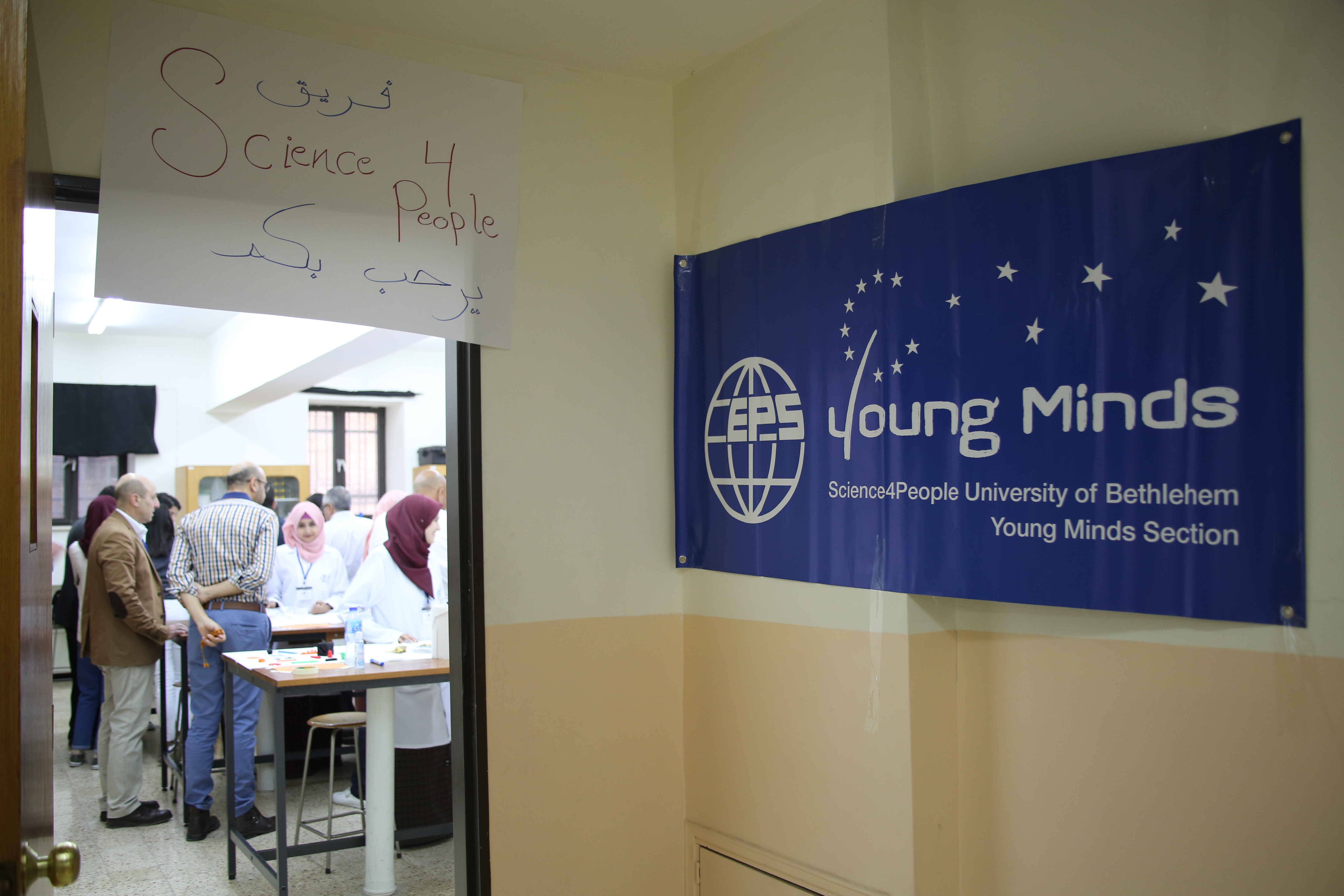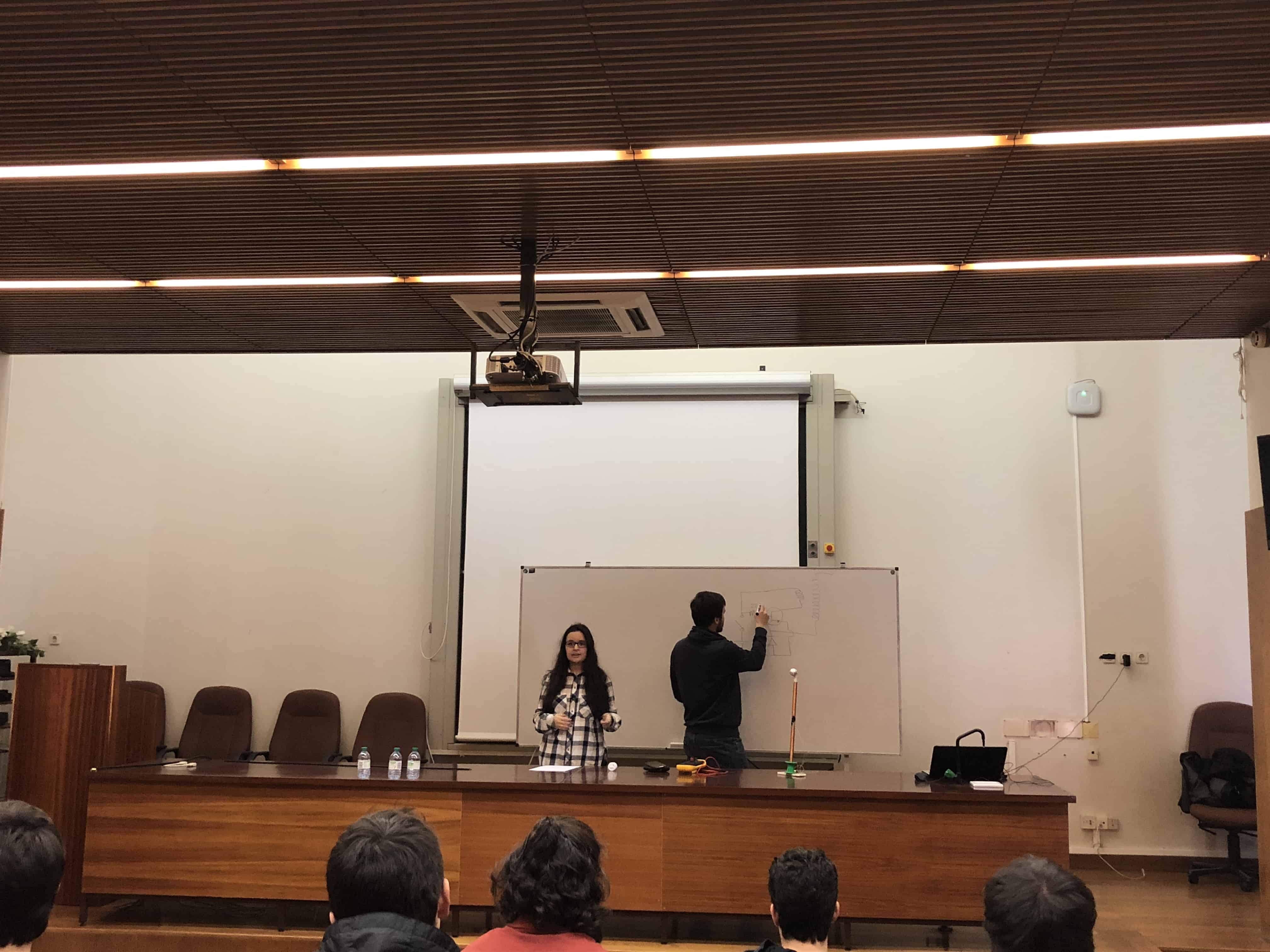On June 7-8, 2018, the Institute for Condensed Matter Physics of the National Academy of Sciences of Ukraine in Lviv hosted the XVIII Workshop and Award for young researchers in the field of statistical physics and condensed matter theory, which was organized by the Lviv Young Minds Section and supported by the EPS Young Minds Committee.
26 young scientists from Dnipro, Kyiv, Lviv and Sumy had an opportunity to present their own results during the Workshop as well as taking part in the Competition. 5 invited lecturers, leading scientists from Kyiv, Kharkiv, Uzhgorod, Lviv and Warsaw, spoke about physical approaches to non-physical problems, the phenomena in Bose-Einstein condensation of atoms and photons in rarefied gases, stable and metastable states of ferroelectrics with multi-valued potential, thermodynamic properties of liquids in disordered porous media, quantum criticality in metallic systems.
The winner of the first prize of the competition was Vasyl Palchykov (ICMP) for the cycle of works “Self-organization and emergence of structures in complex systems of different nature”. The second prize was given to Galyna Panochko (Ivan Franko National University of Lviv) for the cycle of works “The problem of Bose-polaron in quantum gases”.
In the framework of the competition Roman Ovcharov (Taras Shevchenko National University of Kyiv (KNU)) was noted for a successful scientific start, Olha Mazur (Institute for Physics of Mining Processes of the NAS of Ukraine, Dnipro) – for high-quality presentation of the results and Alina Dvornychenko (Sumy State University, Sumy) – for the best presentation.
According to the best reports within the framework of the workshop, the centre of the Ukrainian Physical Society at the ICMP noted three young scientists – Oksana Dobush and Mariana Krasnytska from the ICMP, Lviv, and Volodymyr Shubnyi from the KNU, Kyiv.
Besides the official part, some cultural activities were organized, including city sightseeing excursion and evening beer-party. As usual, the Workshop gave a great chance to young researchers and their more experienced colleagues to get in touch, to discuss interesting topics and to enrich scientific connections in a friendly atmosphere.
Members of ICMP Young Minds Section in Lviv familiarized the audience with the section’s activities and the general scope of EPS Young Minds Organization.
The total amount of 400 EUR for the “XVIII Workshop and Award for young researchers in the field of statistical physics and condensed matter theory” was distributed as follows:
54 € for posters and promotional materials;
67 € for publishing the books of abstracts;
72 € for personal participant packages (folder with a sticker, pen, notebook, badge);
23 € for diplomas and certificates for lecturers and participants;
21 € for small expenses (paper, cartridge refill, whiteboard markers, batteries, etc.) (partly covered);
12 € for materials for preparing the sightseeing tour (few books);
148 € for coffee breaks and other informal meetings (partly covered);
3 € for the bank commission connected to the swift transfer.
The photos related to the event can be found on the site of the event:
http://www.icmp.lviv.ua/konkurs/gallery.html


